The panel evaluated disruptive innovations such as hydrogen direct reduction (H-DRI), electrification, and scrap-based production routes, as well as digital improvements including predictive maintenance, advanced process control, and energy integration. Panelists discussed the commercial applicability of these technologies.
In his presentation, Bregante highlighted the global transformation of the steel industry, stating, “We see different approaches in various regions today. Action is needed to reach the current per capita steel consumption levels by 2050. Governments and investors expect the sector to focus on reducing CO₂ emissions.”
Emphasizing SMS group’s approach to developing customer-specific solutions, Bregante said, “There is no one-size-fits-all solution for every customer or region. The solution must be specifically designed according to the customer’s location, goals, and infrastructure. We work together with our customers, using a structured evaluation tool to determine the most suitable technological direction.”
Bregante also noted that SMS group carried out two separate impact assessments this year, explaining that the analyses include OPEX and sensitivity studies based on customer data. He emphasized that these analyses serve as a guide for selecting technologies suitable for regional conditions.
Speaking about next-generation solutions such as direct steelmaking, electric arc furnaces, and fluidized bed technologies, Bregante mentioned that an integrated steel plant under construction in Germany stands out as a hydrogen-supported transformation project.
He further announced that SMS group is working on projects in Charleston, USA, aiming to create 1.9 million tons of new green steel capacity.
Concluding his presentation, Bregante stated, “We are implementing the first fully green flat steel production facility for the automotive industry. Projects like these demonstrate that green transformation in the sector has become not just a goal, but a tangible reality.”


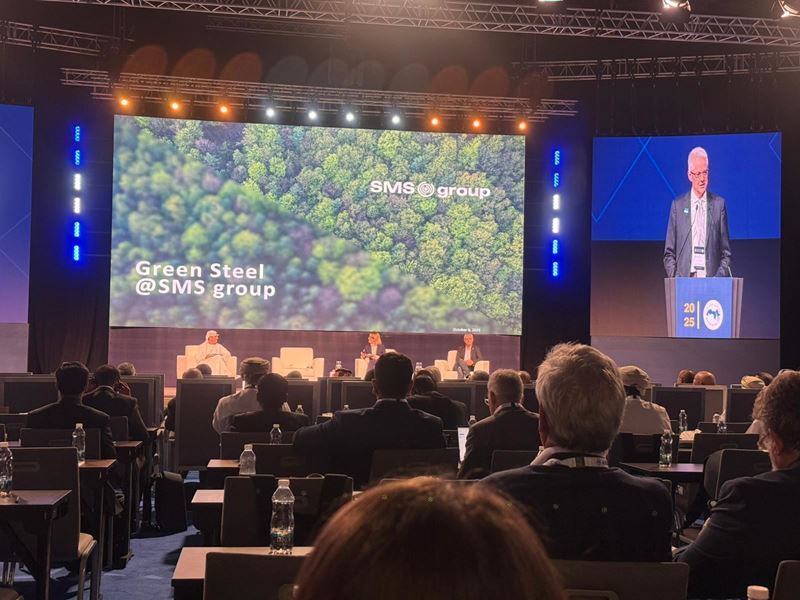
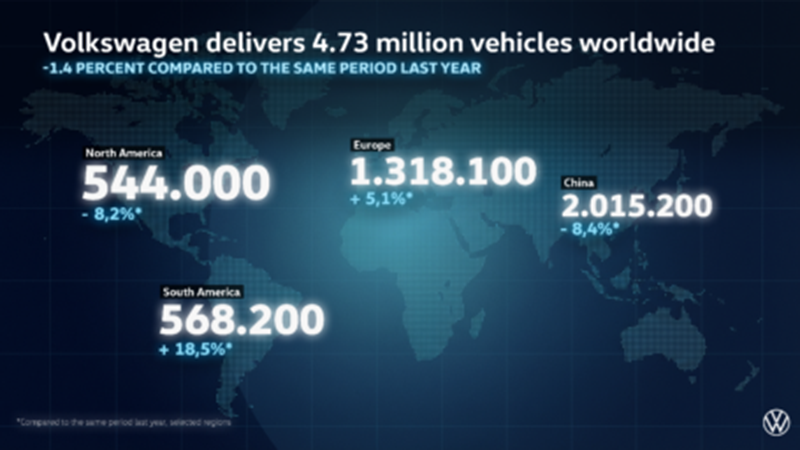
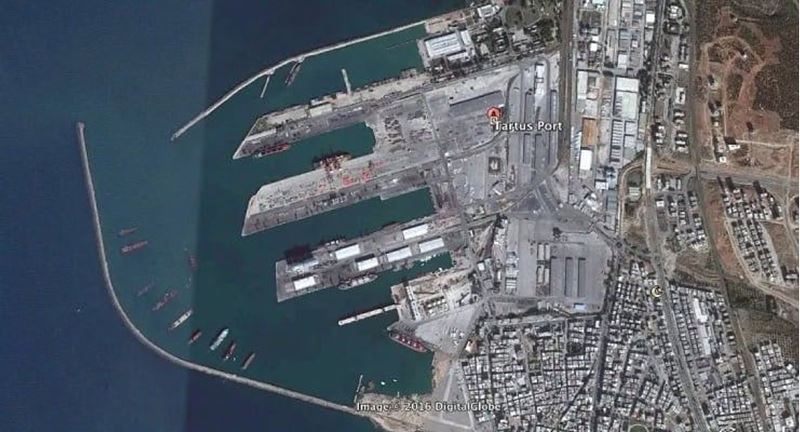
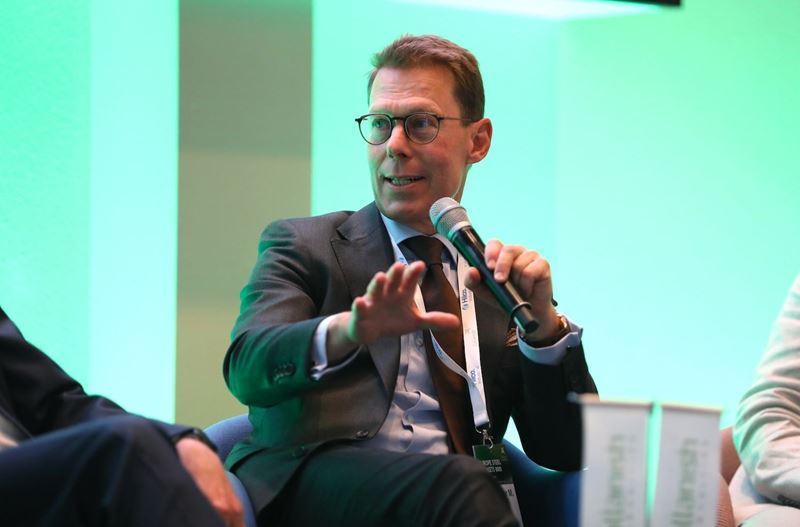
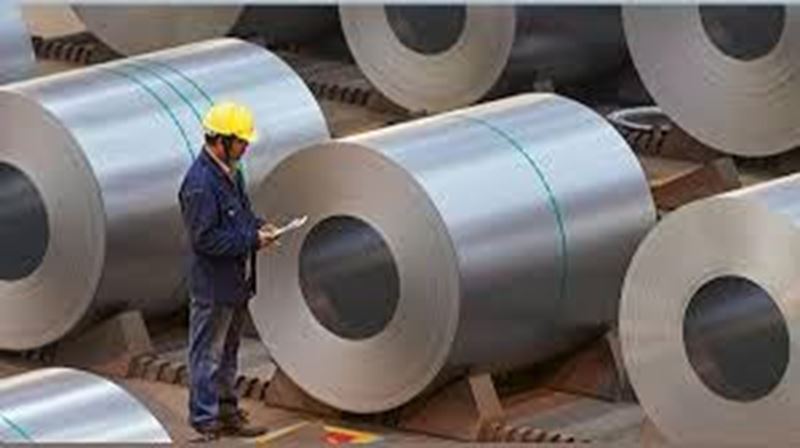
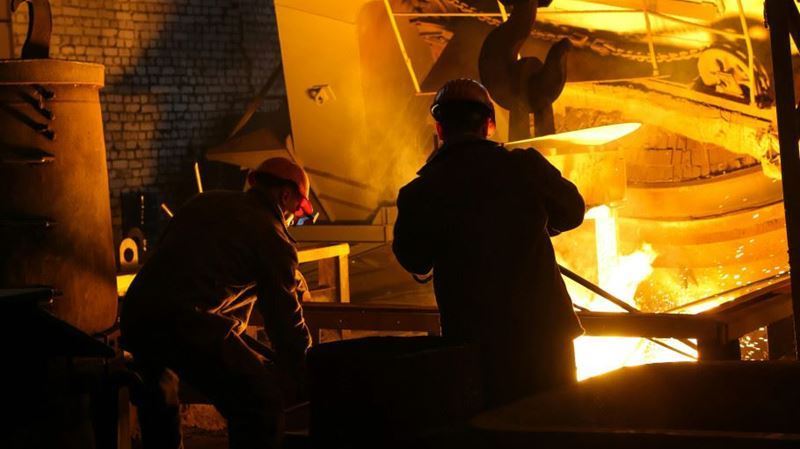


Comments
No comment yet.